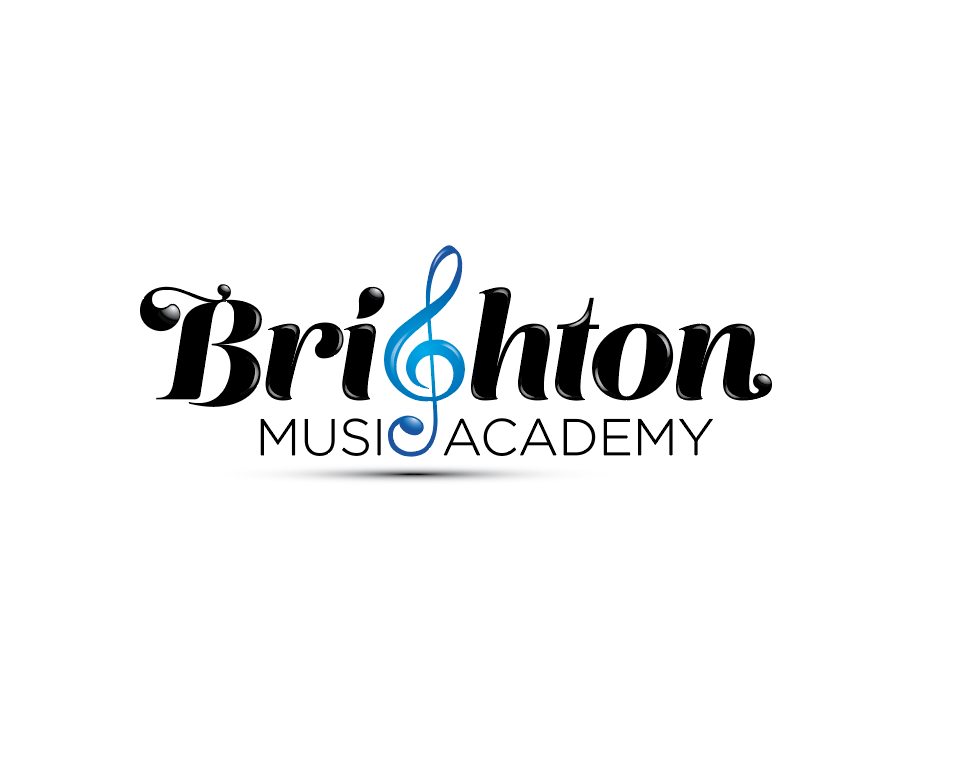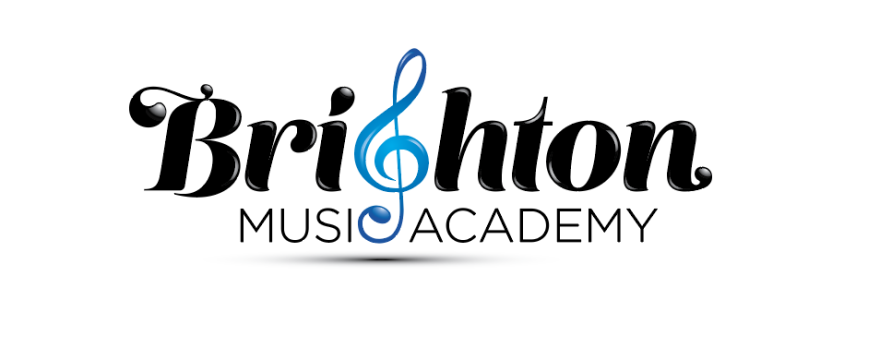The Benefits of Kids Learning a Musical Instrument
Introducing children to a musical instrument at an early age can lead to a wide range of developmental and lifelong benefits. Whether it’s piano, guitar, violin, drums, or voice, learning music supports both personal and academic growth in fun and meaningful ways. Here are some of the most well-known benefits:
1. Boosts Brain Development
Studies show that learning an instrument improves memory, concentration, and overall cognitive function. Music engages both sides of the brain, helping children develop skills in problem-solving, pattern recognition, and even math.
2. Enhances Academic Performance
Kids who study music often perform better in school. Music education strengthens areas of the brain linked to language, reading, and math—leading to improvements across core subjects.
3. Builds Confidence and Self-Esteem
As children learn new skills, master songs, and perform in front of others, they gain confidence in themselves. Progress through practice helps them see that hard work pays off.
4. Develops Discipline and Patience
Learning an instrument requires focus, repetition, and dedication. Kids build patience and develop strong practice habits that can carry over into schoolwork and other areas of life.
5. Improves Coordination and Motor Skills
Playing an instrument helps refine fine motor skills and hand-eye coordination, especially for younger children. Instruments like drums, piano, and guitar require movement and timing, making music a great activity for physical development.
6. Encourages Creativity and Emotional Expression
Music gives children a healthy way to express themselves and explore their creativity. It helps them understand and communicate emotions while developing their unique musical voice.
http://illflyawayfoundation.org/stats/
http://www.childrensmusicworkshop.com/advocacy/factsandstatistics/
Private Music Lessons
Group Music Lessons

